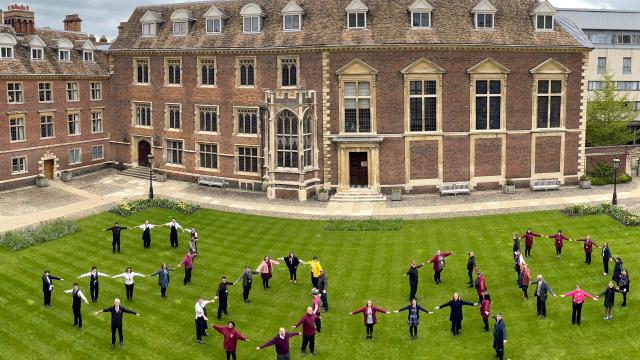
Improving our understanding of victims of Nazism in the Channel Islands
Research carried out by St Catharine's Fellow Dr Gilly Carr has led to fundamental changes in the heritage landscape of the Channel Islands, evidenced by museum exhibitions, memorials, commemorations and revised war narratives.
The German occupation of the Islands from 1940 to 1945 during World War II (WWII) had a profound impact on the heritage, memory and identity of Channel Islanders. While the heritage of occupation has been all-pervasive, it traditionally focused on the occupiers and ordinary islanders. For reasons broadly connected with collaboration, victims of Nazism (Jews, political prisoners and forced labourers) were marginalised and their stories have not been told.
Carr’s research has addressed three key areas: uncovering lost histories relating to the Holocaust and Nazi persecution through extensive family interviews, archival research and field archaeology; researching ‘guardians of memory’ (former political prisoners and others who safeguarded knowledge of victims of Nazism) and the role they played in preserving the memory and reputation of victims; and theorising marginalised and taboo heritage, including reflecting on her own activism and its impact.
Her research has enabled authorities in the Channel Islands to open up the sometimes uncomfortable stories of the past and to incorporate the marginalised into the wider cultural heritage landscape. It has changed public perception of the occupation, encouraging a more pluralistic understanding of the past, and greatly enriched the lives of victims’ descendants. The research had impact in Jersey, Guernsey, England and Germany.






